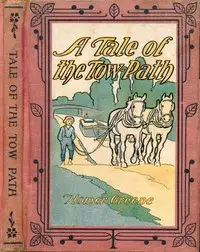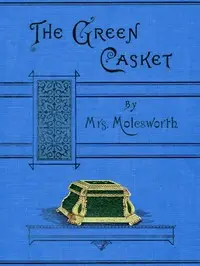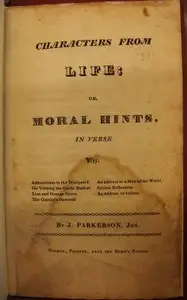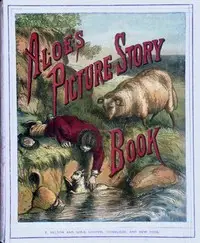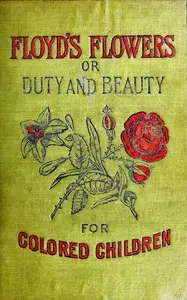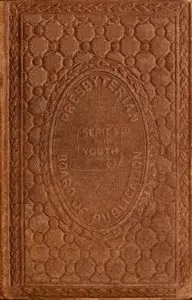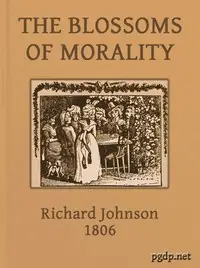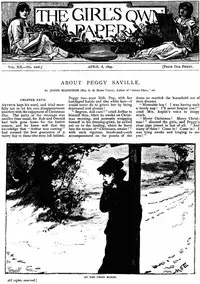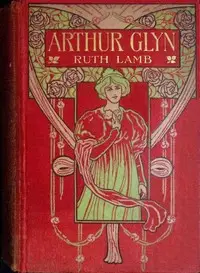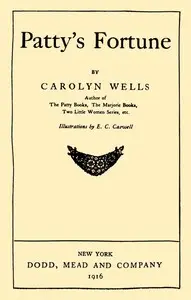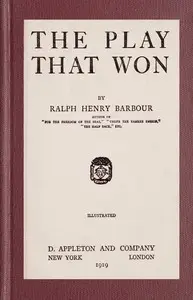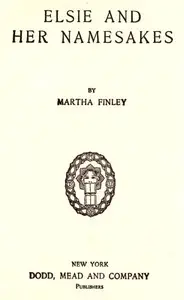"Olive Leaves; Or, Sketches of Character" by L. H. (Lydia Howard) Sigourney, is a compilation of stories crafted to explore ideals of virtue during the 1800's. Through narrative examples, the work presents moral lessons and the significance of essential human values like obedience, compassion, and goodwill. One story introduces Charles Morton, a young boy whose relationship with his sister, Caroline, is strong, but whose curiosity often overwhelms his respect for his parents' rules, particularly about staying away from the river. His disobedience leads him into a dangerous situation, teaching him a hard lesson about the importance of heeding loving warnings as well as the impact it has on those around him. The narrative highlights themes of parental wisdom, divine protection, and moral realization that deeply touch Charles and his sorrowful family.

Olive Leaves; Or, Sketches of Character
By L. H. (Lydia Howard) Sigourney
When a curious young boy ignores his parents' advice about a tempting river, his actions lead to a harrowing experience that forever changes his life and family.
Summary
About the AuthorLydia Huntley Sigourney, née Lydia Howard Huntley, was an American poet, author, and publisher during the early and mid 19th century. She was commonly known as the "Sweet Singer of Hartford." She had a long career as a literary expert, publishing 52 books and in over 300 periodicals in her lifetime. While some of her works were signed anonymously, most of her works were published with just her married name Mrs. Sigourney. During the lyceum movement that flourished in the United States in the 19th century, women named literary societies and study clubs in her honor.
Lydia Huntley Sigourney, née Lydia Howard Huntley, was an American poet, author, and publisher during the early and mid 19th century. She was commonly known as the "Sweet Singer of Hartford." She had a long career as a literary expert, publishing 52 books and in over 300 periodicals in her lifetime. While some of her works were signed anonymously, most of her works were published with just her married name Mrs. Sigourney. During the lyceum movement that flourished in the United States in the 19th century, women named literary societies and study clubs in her honor.

